Introduction
Moreover, recent burgeoning advancements in IoT and Wireless Communication are redesigning different industries and lifestyles. Hyper-connectivity is becoming a household term wherein the demand for more innovative and research areas in Electrical and Computer Engineering (ECE) is widening. A PhD in ECE gives an exciting opportunity to leverage cutting-edge technologies, including 6G networks demanding AI algorithms for IoT systems set to revolutionize tomorrow's smart cities, health care, etc. The article elaborates on some critical areas for PhD research that are currently at the forefront of driving the evolution of IoT and wireless communication.
Future Scope for ECE Students or Engineers
Their future looks bright with infinite prospects and exciting opportunities. ECE is the stepping stone to any technology in today's connected world; the very importance is expected to grow. The prospects for ECE engineers are truly stellar, with career options galore, both in India and elsewhere in the world.
Technologies have changed with the innovations brought about by ECE graduates in sectors like the telecommunication industry, robotics, AI, and IoT. In such circumstances, an increasing demand for ECE professionals in turn provides them with countless job opportunities.
These may just include many among research and development, software engineering, network administration, or systems integration, to name a few. Those who wonder what they can do once they finish engineering in ECE will have many answers: there are those who move on to postgraduate studies, while others will dive into self-employment.
The incredible ECE is not purely for jobs and career prospects; it is about the difference one can make in the world. ECE specialists set the stage for the future of communication, medicine, transport, and many more fields.
Additionally, they receive competitive salaries according to their expertise and the ever-increasing need for their skills. Opting for ECE as a discipline of engineering has a lot more memorable event than just a prophecy for one's future carrier; it is more of a call to be at the forefront of innovation and contributing towards world digital transformation.
The sources given below will help you delve deeper into future prospects for students and engineers in ECE. These sources provide valuable insights on the ever-growing horizons of Electronics and Communication Engineering in India.
The fields of the Internet of Things (IoT) and Wireless Communications are rapidly growing and present an exciting opportunity for research and innovation. Hyper-connectivity has come about and with it opens new doors for ECE students considering a PhD venture in some of the most promising areas that are shaping the future of technology. Here are some of the most promising opportunities for PhD research in IoT and wireless communications.
1. 6G Wireless Networks and Beyond
The existing 5G technologies have prompted researchers to set their eye on 6G networks whose core promises faster data transfers, the lowest latencies, and energy efficiency improvements. This PhD research addresses the following aspects:
• THz (terahertz) communication for ultra-high-speed data transmission
• Artificial Intelligence-driven network optimization
• Quantum communication for secure wireless transmission
• Energy efficient communication protocols
2. AI for IoT and Machine learning
Be it artificial intelligence or IoT, both are rapidly changing the world of smart decision automation. PhD candidates may pursue the following topics:
• Edge AI and Federated Learning for Decentralized IoT Devices
• Predictive Maintenance using AI for Industrial IoT
• Security and Privacy in AI-Powered IoT Networks
• Deep Learning-based Anomaly Detection in Smart Grids and Healthcare IoT.
3. Smart Cities and Sustainable Wireless Communication
Smart cities leverage IoT and wireless communication for efficient urban management. Research areas include:
- IoT-enabled intelligent transportation systems
- Green communication technologies for sustainable networks
- Wireless energy harvesting for self-powered IoT devices
- Blockchain-based security for smart city networks
4. Ultra-Reliable, Low Latency Communication (URLLC)
Healthcare application, autonomous driving, and industrial automation require URLLC to obtain reliable services. Important PhD topics include:
• Real-time wireless communication for autonomous systems.
• 5G and 6G network slicing for critical applications.
• Network coding techniques to reduce latency.
• Holographic communication for immersive experience.
5. Due to the increasing size of the connected devices, security concerns have grown.
Some PhD students could work on:
· Post-Quantum Cryptography for Securing IoT Networks
· AI-Based Threat Detection for Cyber-Physical Systems
· Lightweight Encryption for Resource-Constrained IoT Devices
· Biometric Authentication in Smart Environments
6. WSN and Remote Sensing
The significance of Wireless Sensor Networks for IoT applications such as environmental monitoring and disaster management is their foundation. Research directions derived include:
• Energy efficient WSN Protocols
• AI based Sensor Data Analytics
• Underwater and Underground Wireless Communication
• Satellite IoT Connectivity for all time Global Coverage
Conclusion
Electronics and Communication Engineering has a bright future ahead in both IoT and Wireless Communications. With ECE professionals driving the technological evolution in 6G, AI for IoT, smart cities, URLLC, security, and WSN, PhD research in these areas will find exciting opportunities. Increasing demand for ECE engineers opens doors to many career possibilities and gives them a chance to drive the digital transformation. A PhD in ECE guarantees career prospects in the future but also helps in developments in communication, healthcare, and other critical fields.
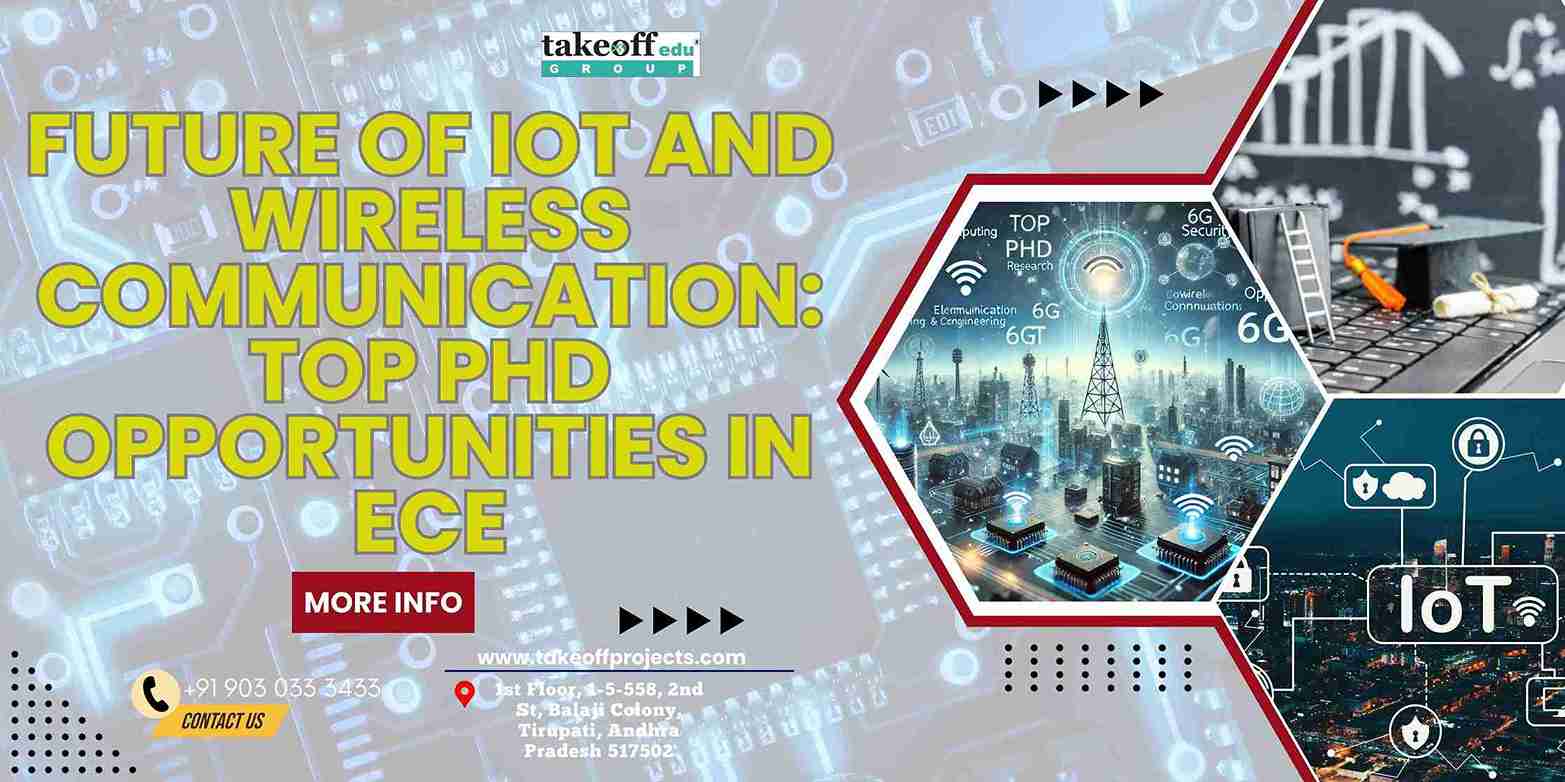
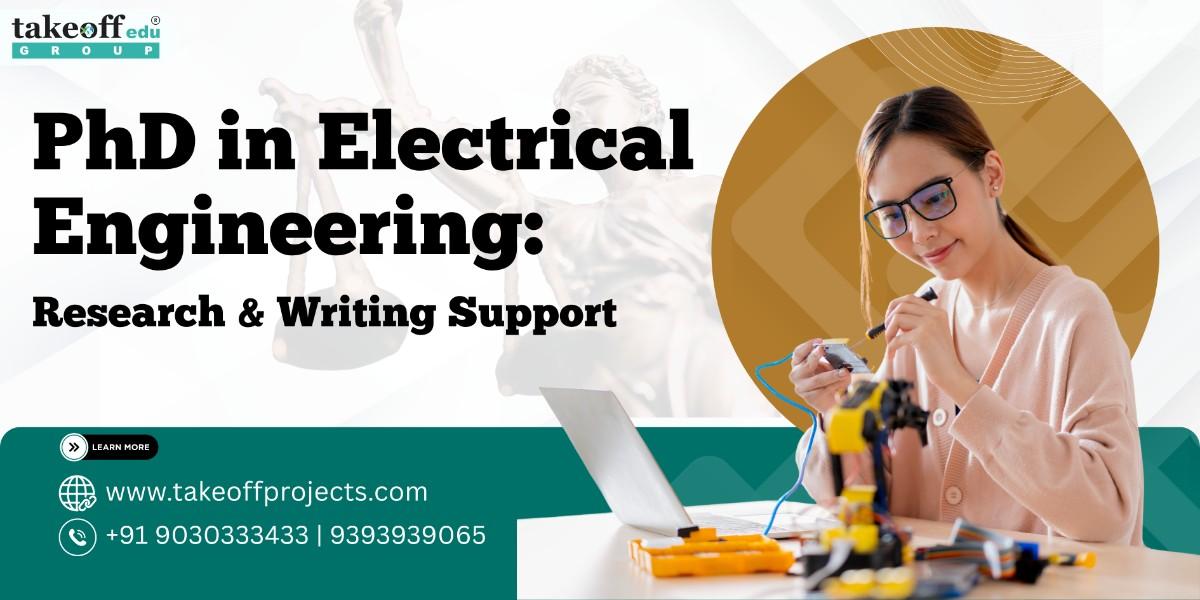 PhD in Electrical Engineering: Research & Writing Support
PhD in Electrical Engineering: Research & Writing Support  Which are the Best PhD Assistance and Dissertation Writing Services in India?
Which are the Best PhD Assistance and Dissertation Writing Services in India? 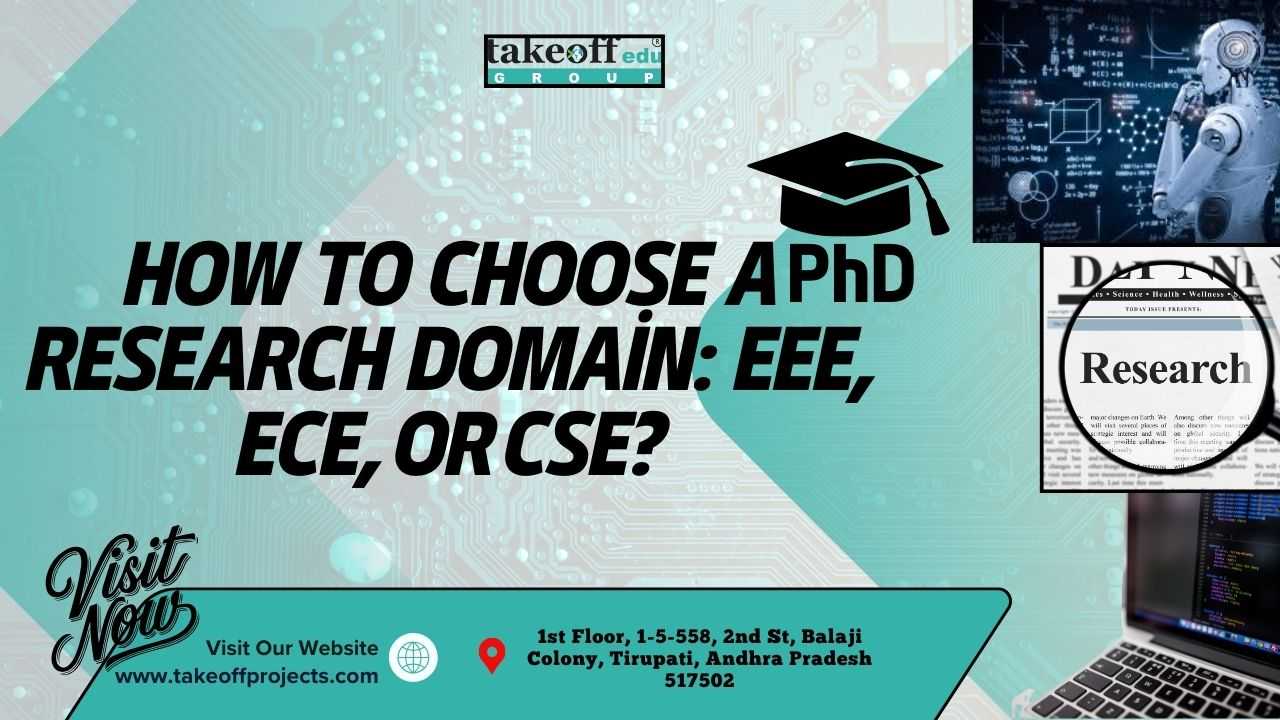 How to Choose a PhD Research Domain: EEE, ECE, or CSE?
How to Choose a PhD Research Domain: EEE, ECE, or CSE? 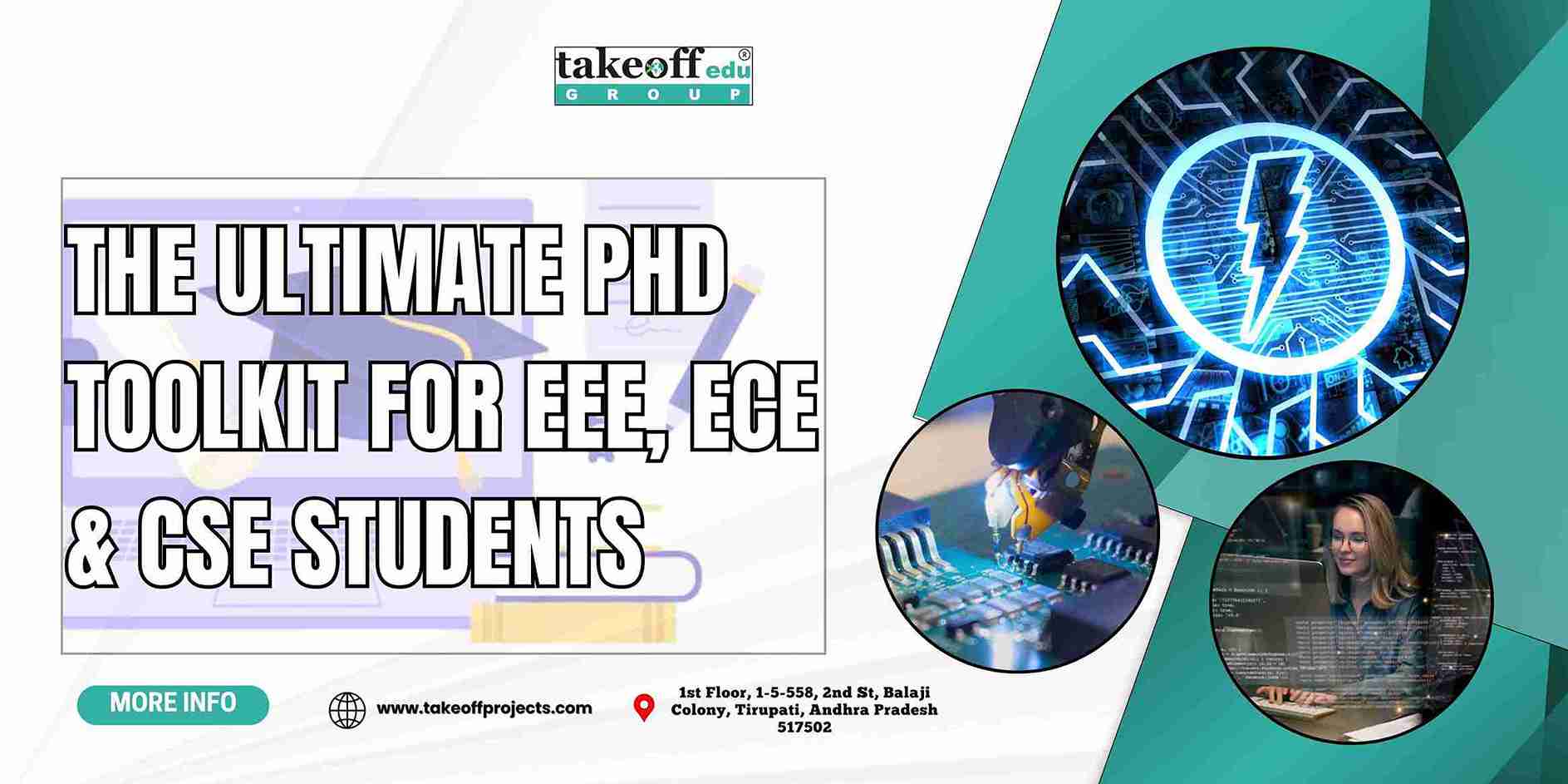 The Ultimate PhD Toolkit for EEE, ECE and CSE Students
The Ultimate PhD Toolkit for EEE, ECE and CSE Students  Publication Success in EEE, ECE, and CSE: Expert Tips for Engineering Scholars
Publication Success in EEE, ECE, and CSE: Expert Tips for Engineering Scholars 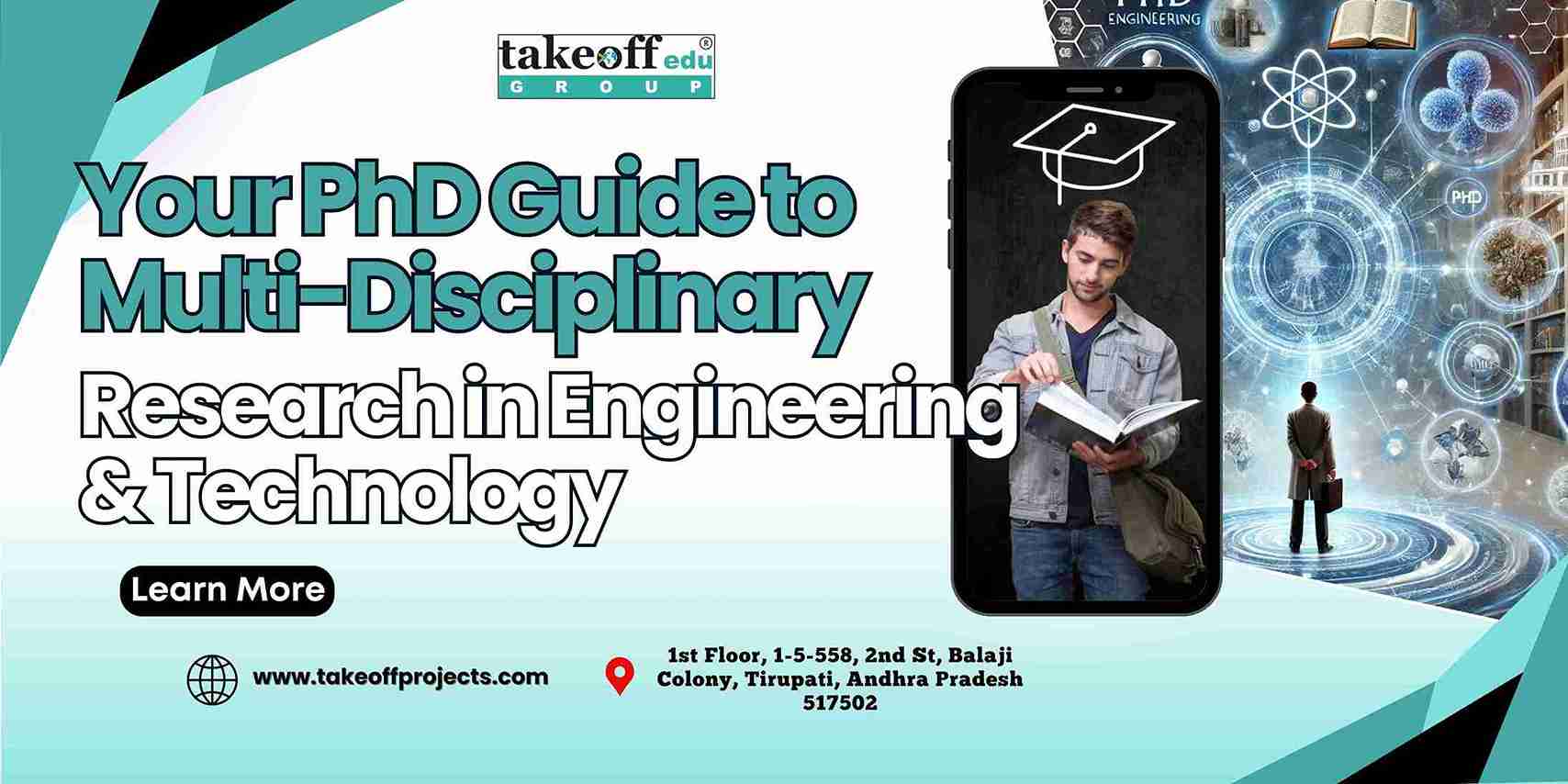 Your PhD Guide to Multi-Disciplinary Research in Engineering and Technology
Your PhD Guide to Multi-Disciplinary Research in Engineering and Technology  Top PhD Topics across EEE, ECE, and CSE: Bridging Innovation and Impact
Top PhD Topics across EEE, ECE, and CSE: Bridging Innovation and Impact 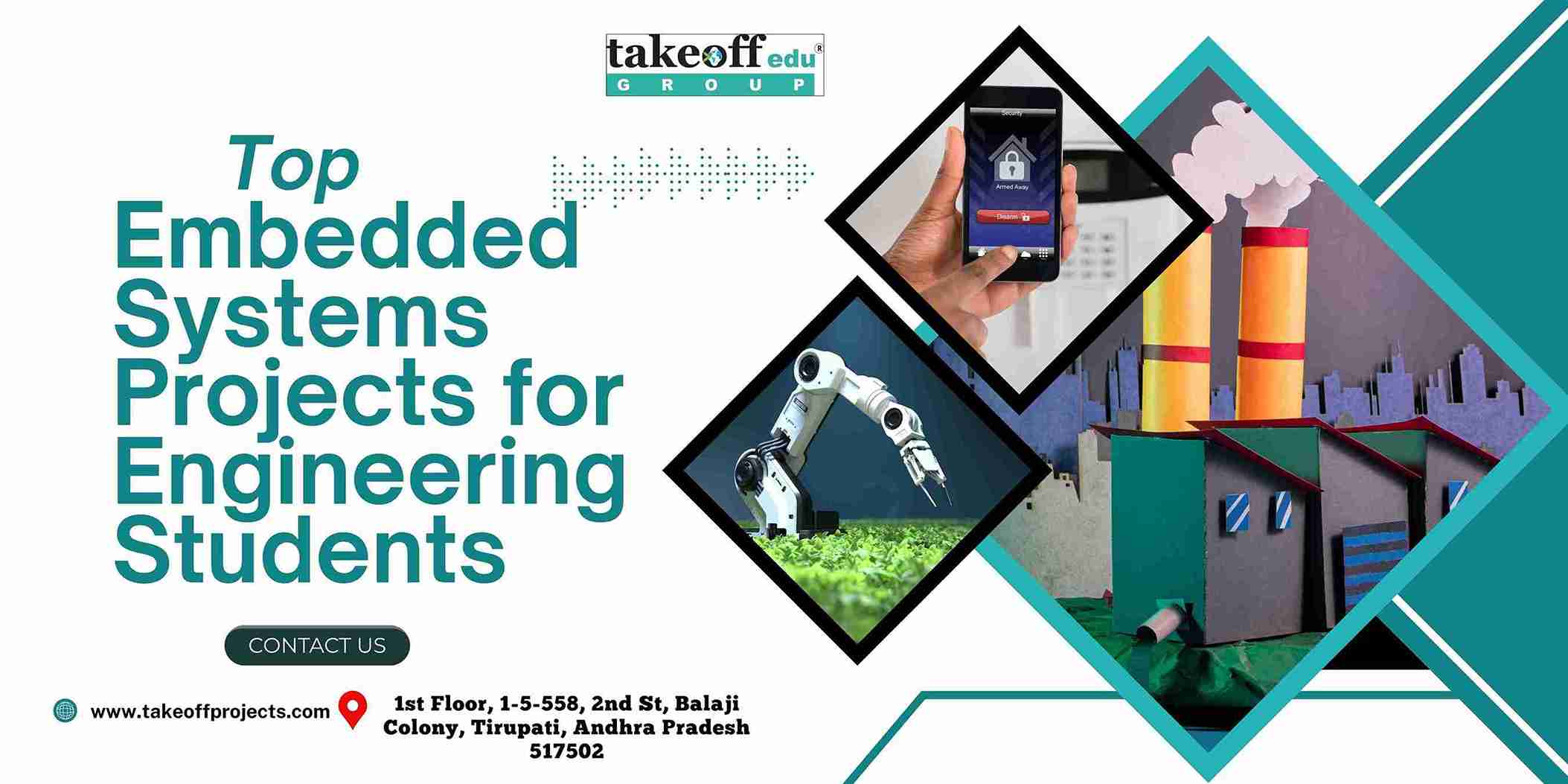 Top Embedded Systems Projects for Engineering Students
Top Embedded Systems Projects for Engineering Students  Crafting the Future of Tech: PhD Research Trends in Software Engineering
Crafting the Future of Tech: PhD Research Trends in Software Engineering 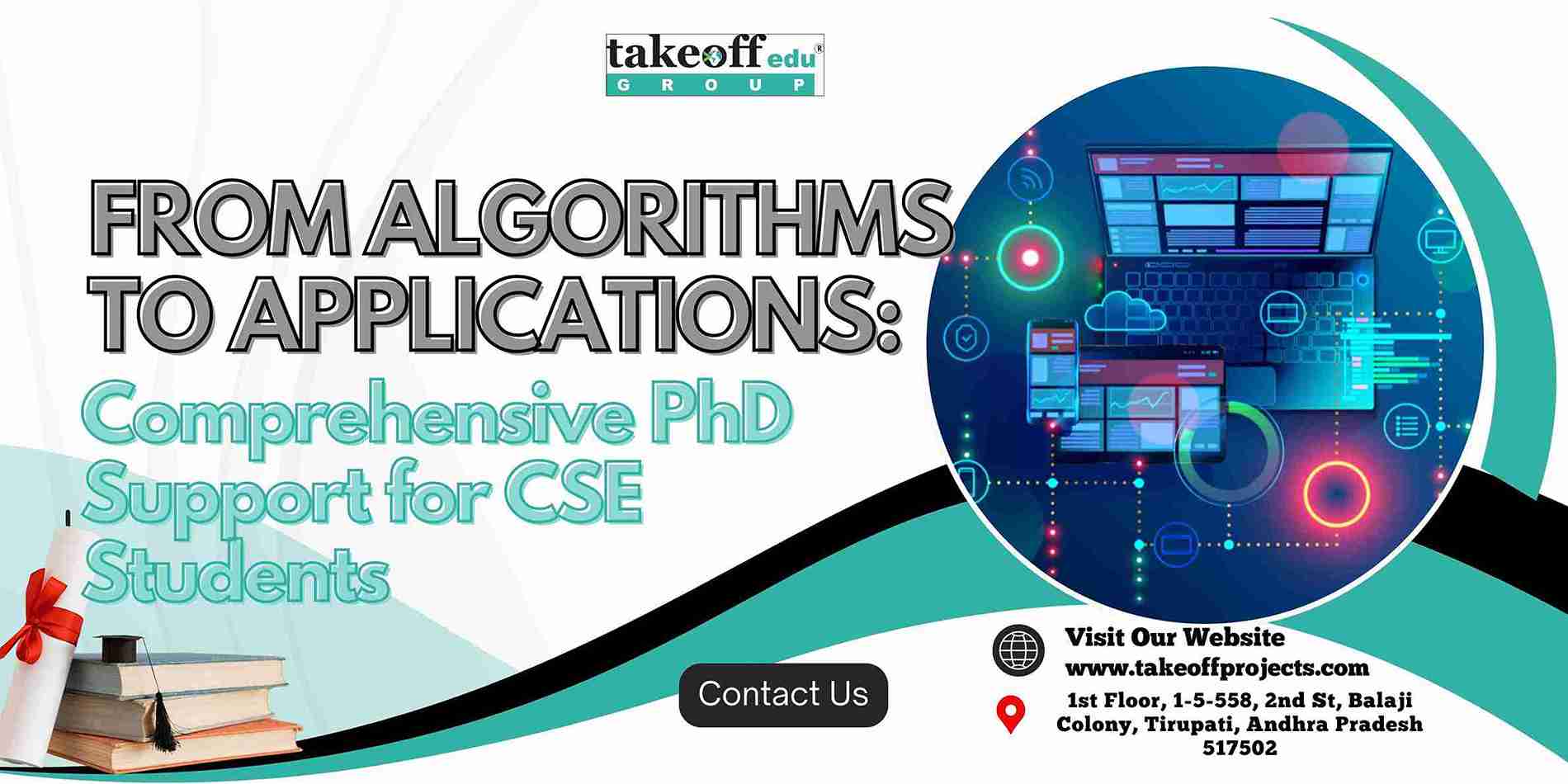 From Algorithms to Applications: Comprehensive PhD Support for CSE Students
From Algorithms to Applications: Comprehensive PhD Support for CSE Students 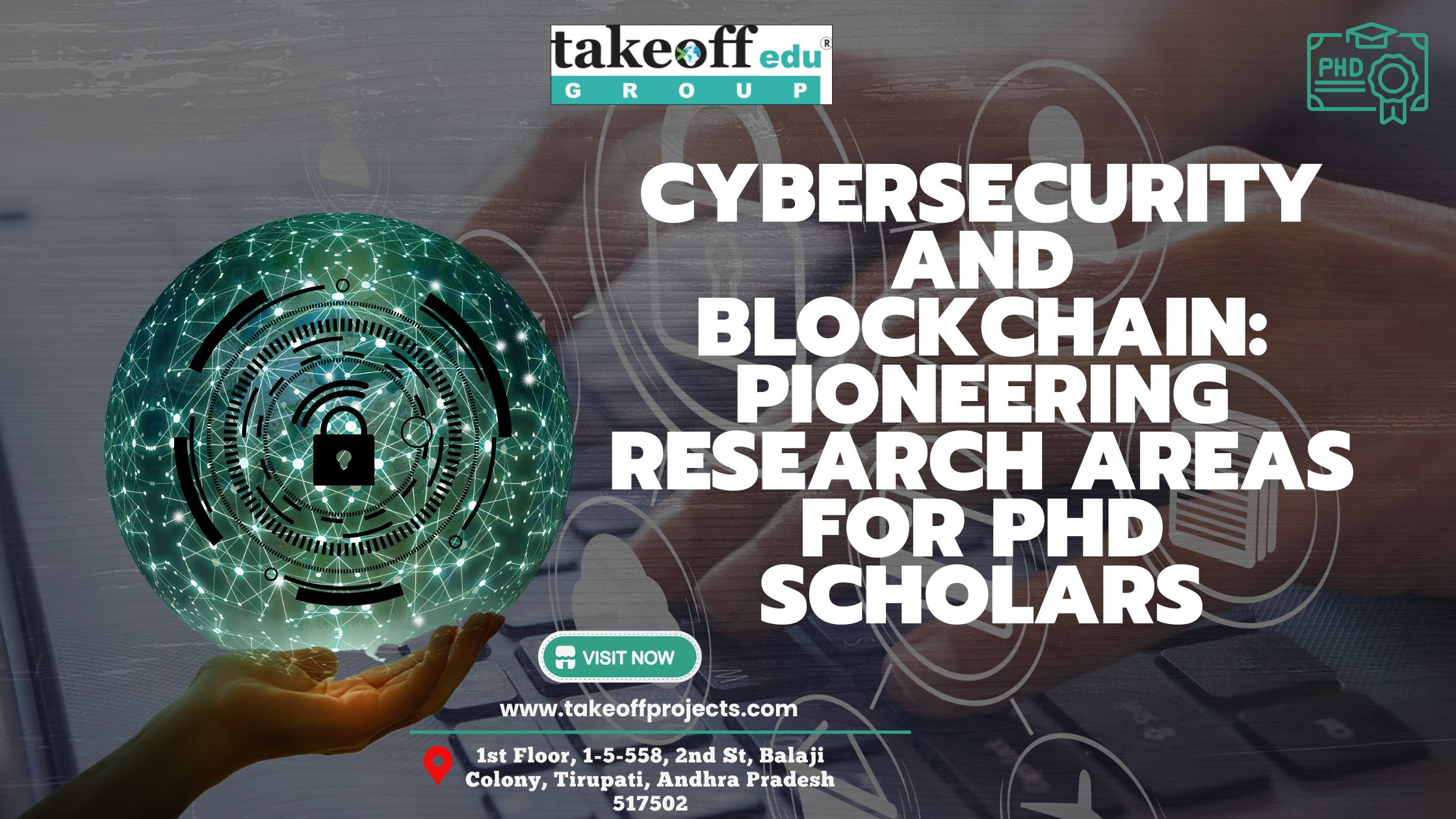 Cybersecurity and Blockchain: Pioneering Research Areas for PhD Scholars
Cybersecurity and Blockchain: Pioneering Research Areas for PhD Scholars  The Art of Writing High-Impact Research Papers in CSE Domains
The Art of Writing High-Impact Research Papers in CSE Domains 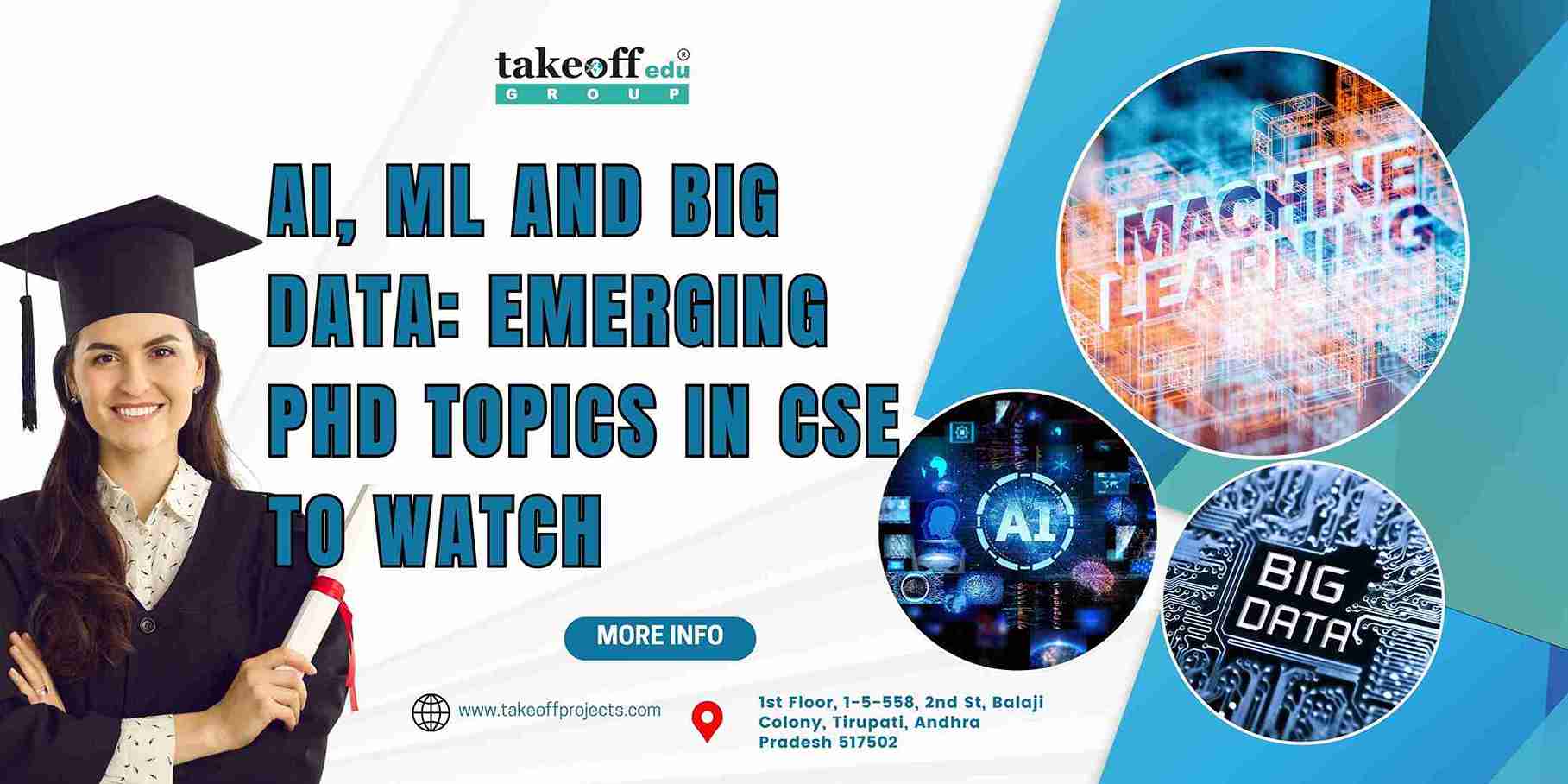 AI, ML, and Big Data: Emerging PhD Topics in CSE to Watch
AI, ML, and Big Data: Emerging PhD Topics in CSE to Watch 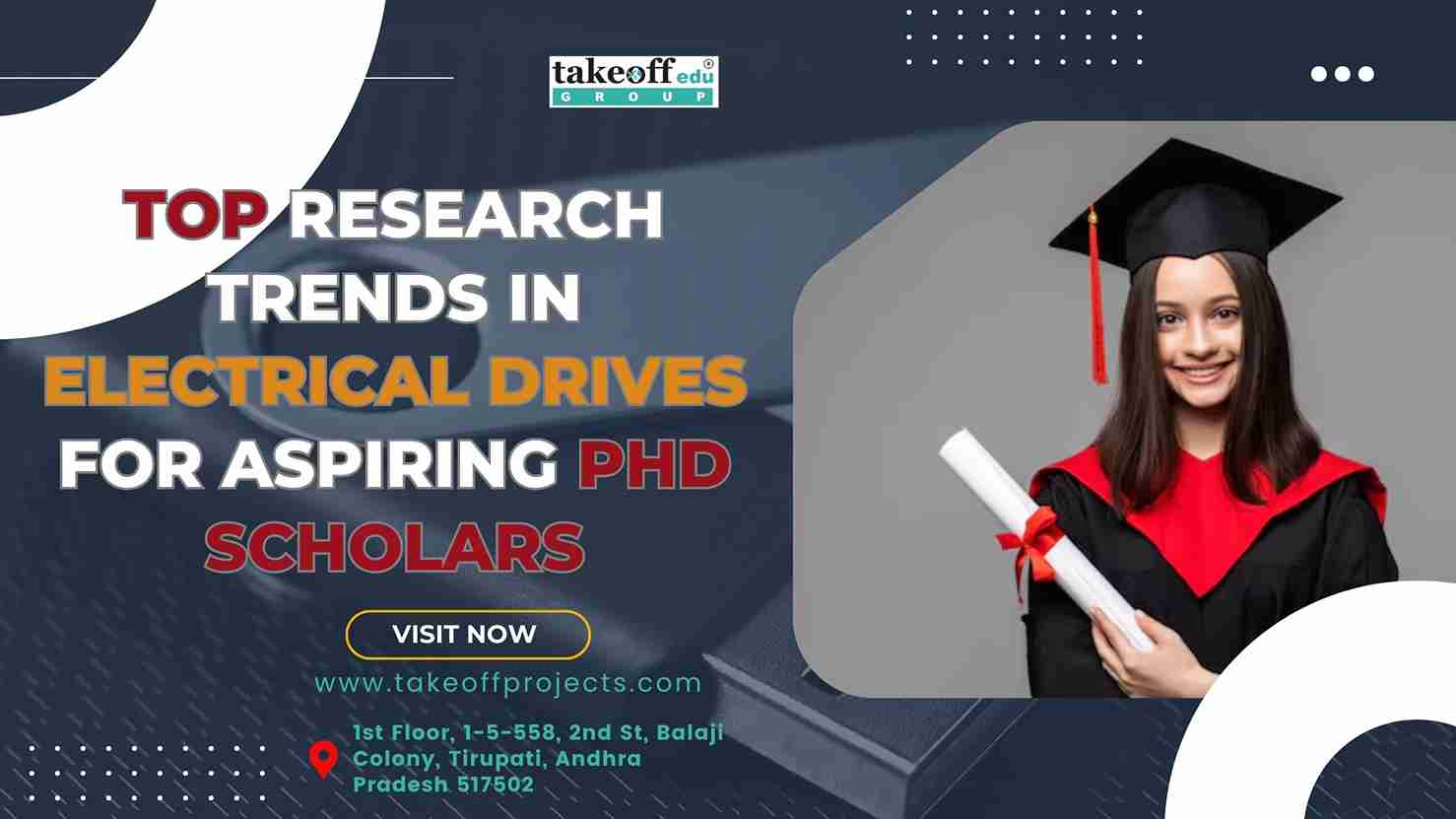 Top Research Trends in Electrical Drives for Aspiring PhD Scholars
Top Research Trends in Electrical Drives for Aspiring PhD Scholars 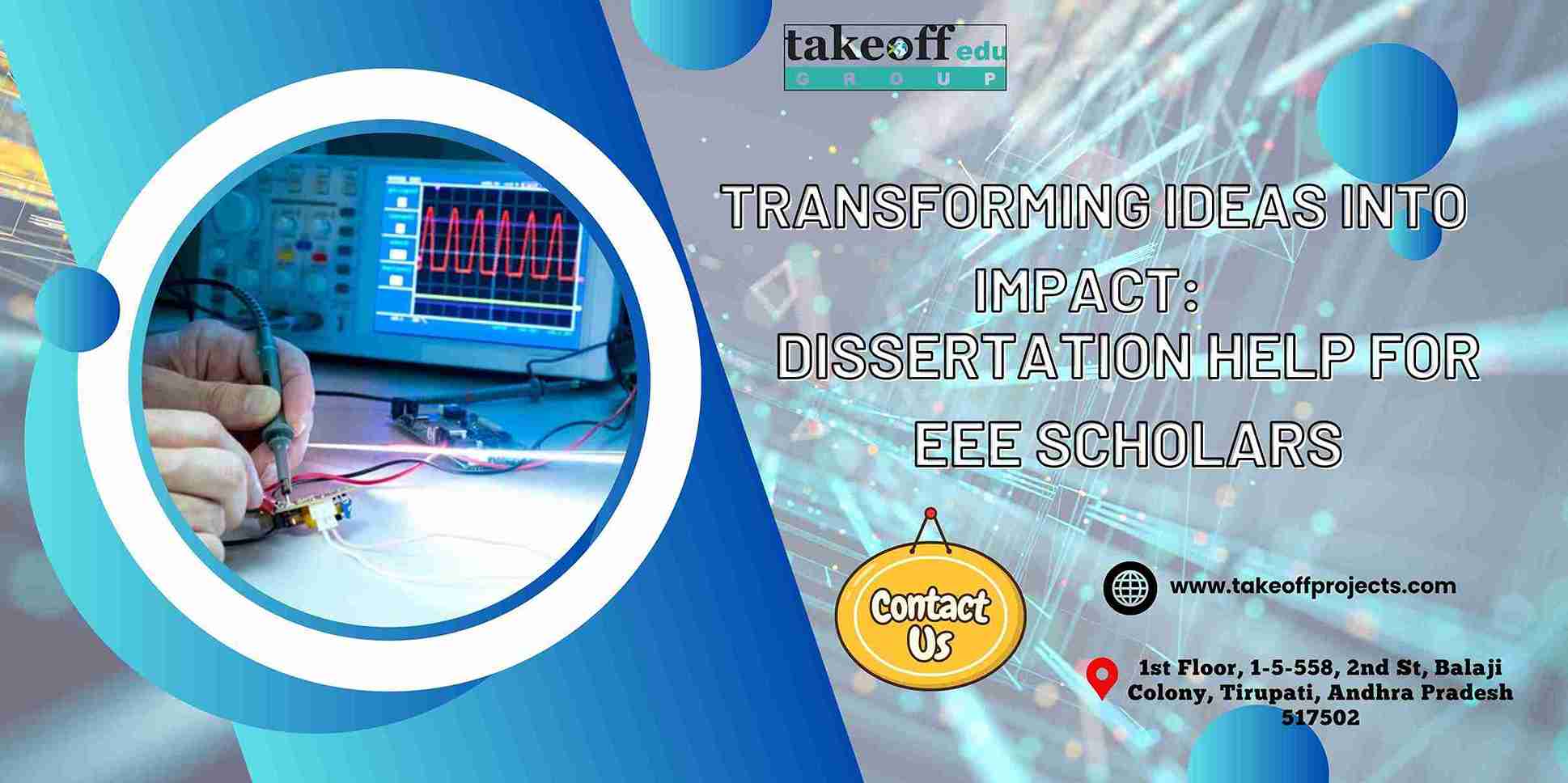 Transforming Ideas into Impact: Dissertation Help for EEE Scholars
Transforming Ideas into Impact: Dissertation Help for EEE Scholars 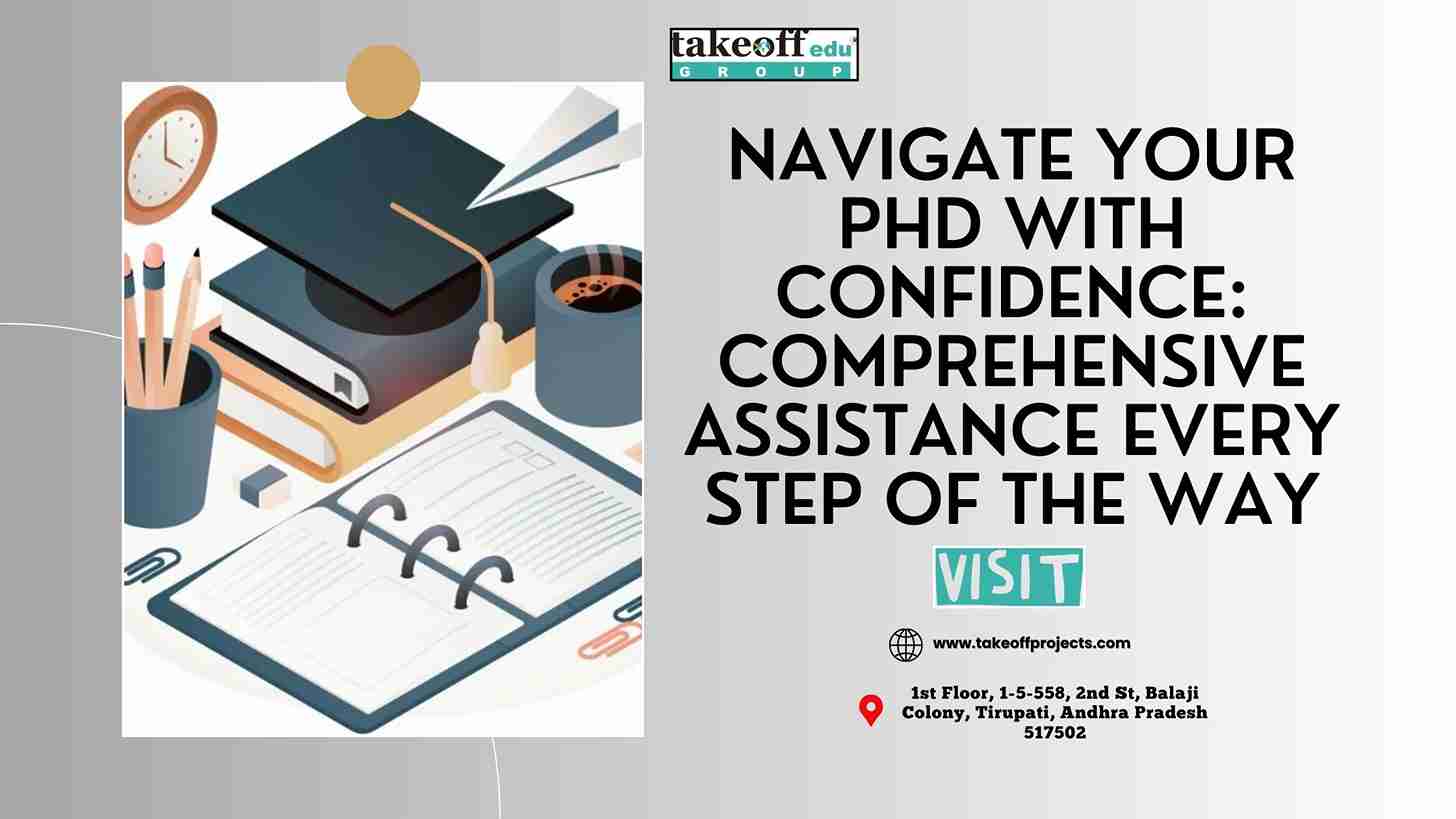 Navigate Your PhD with Confidence: Comprehensive Assistance Every Step of the Way
Navigate Your PhD with Confidence: Comprehensive Assistance Every Step of the Way  ECE Dissertation Success: Expert Tips for Writing and Publishing your Academic Success
ECE Dissertation Success: Expert Tips for Writing and Publishing your Academic Success 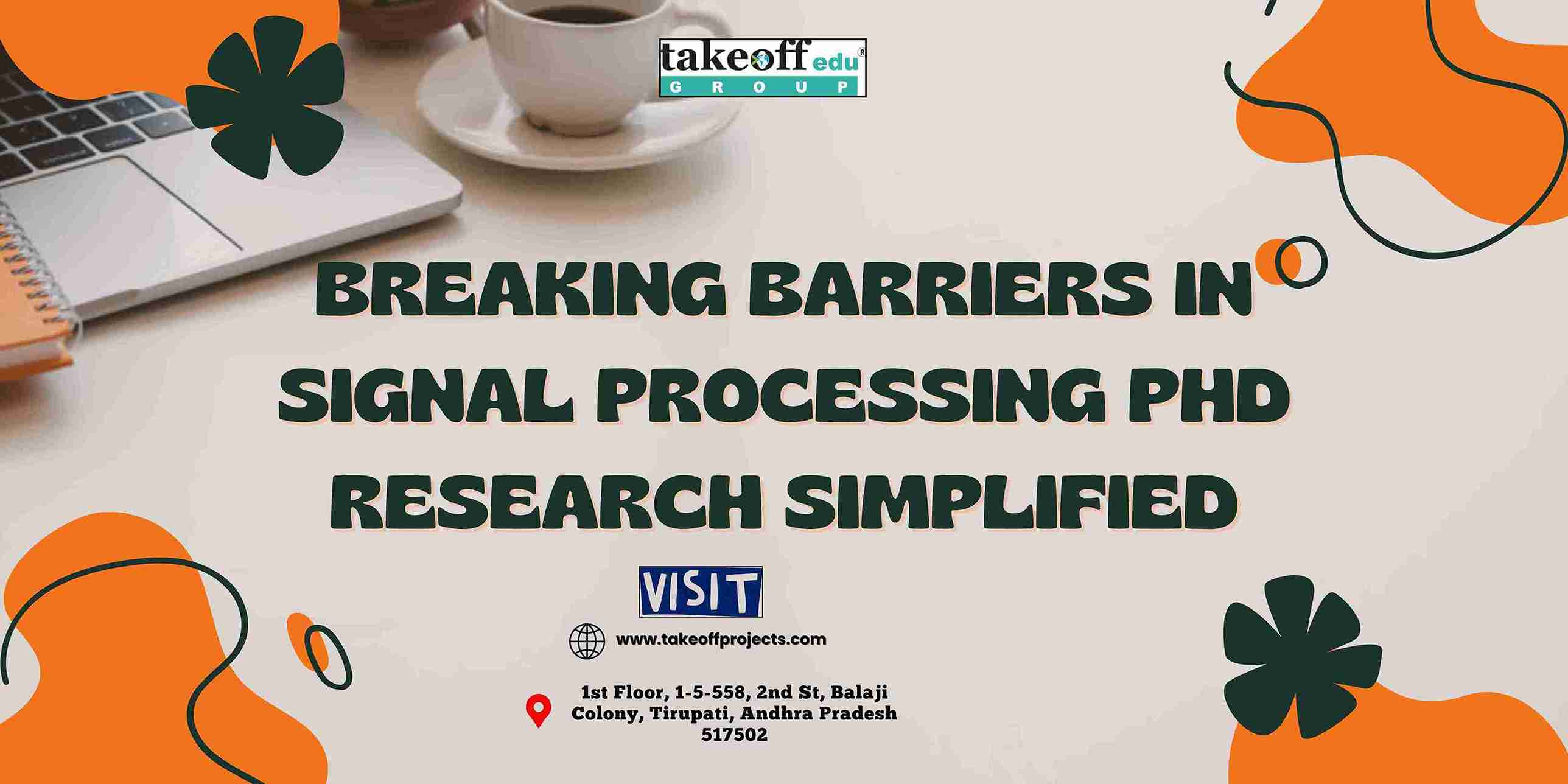 Breaking Barriers in Signal Processing: PhD Research Simplified
Breaking Barriers in Signal Processing: PhD Research Simplified  Building the Next-Gen Tech: A Guide to ECE Research and Publication
Building the Next-Gen Tech: A Guide to ECE Research and Publication 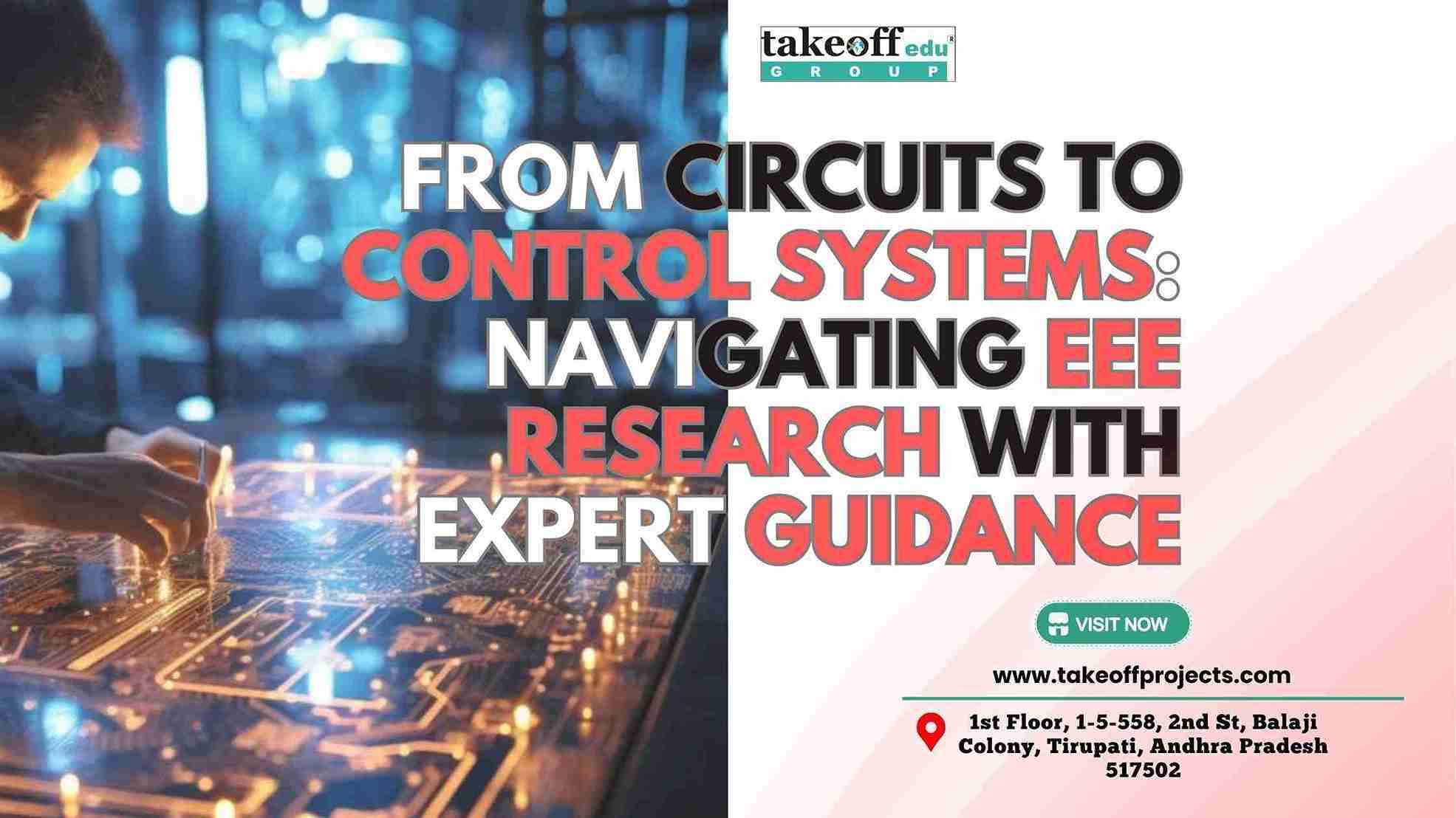 From Circuits to Control Systems: Navigating EEE Research with Expert Guidance
From Circuits to Control Systems: Navigating EEE Research with Expert Guidance  From Data to Discovery: Quantitative Analysis That Drives Results
From Data to Discovery: Quantitative Analysis That Drives Results 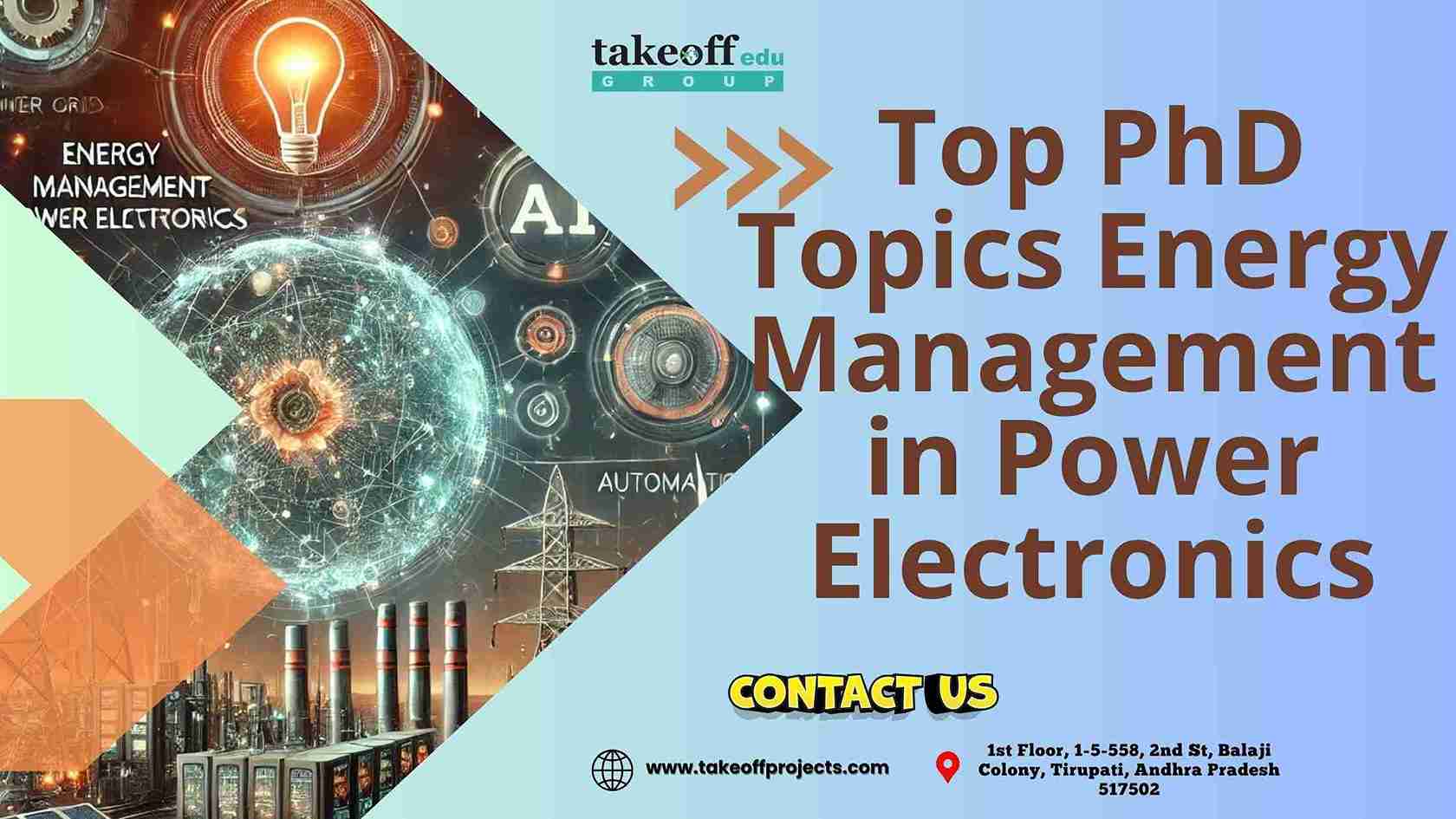 Top PhD Topics Energy Management in Power Electronics
Top PhD Topics Energy Management in Power Electronics 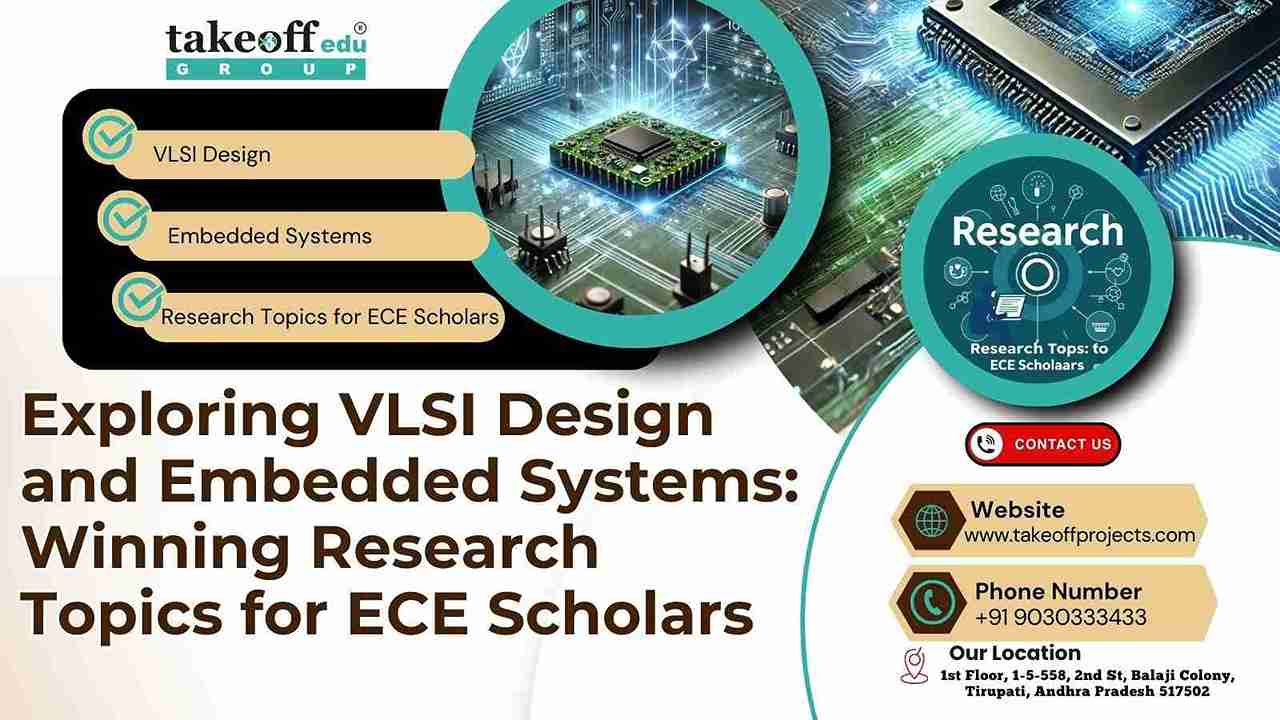 Exploring VLSI Design and Embedded Systems: Winning Research Topics for ECE Scholars
Exploring VLSI Design and Embedded Systems: Winning Research Topics for ECE Scholars  Expert-Approved Techniques for Crafting a Winning PhD Synopsis
Expert-Approved Techniques for Crafting a Winning PhD Synopsis  Writing with Purpose: How to Create Engaging Seminar Papers That Stand Out
Writing with Purpose: How to Create Engaging Seminar Papers That Stand Out  Unlocking Publication Success: Your Guide to High-Impact Journal Articles
Unlocking Publication Success: Your Guide to High-Impact Journal Articles 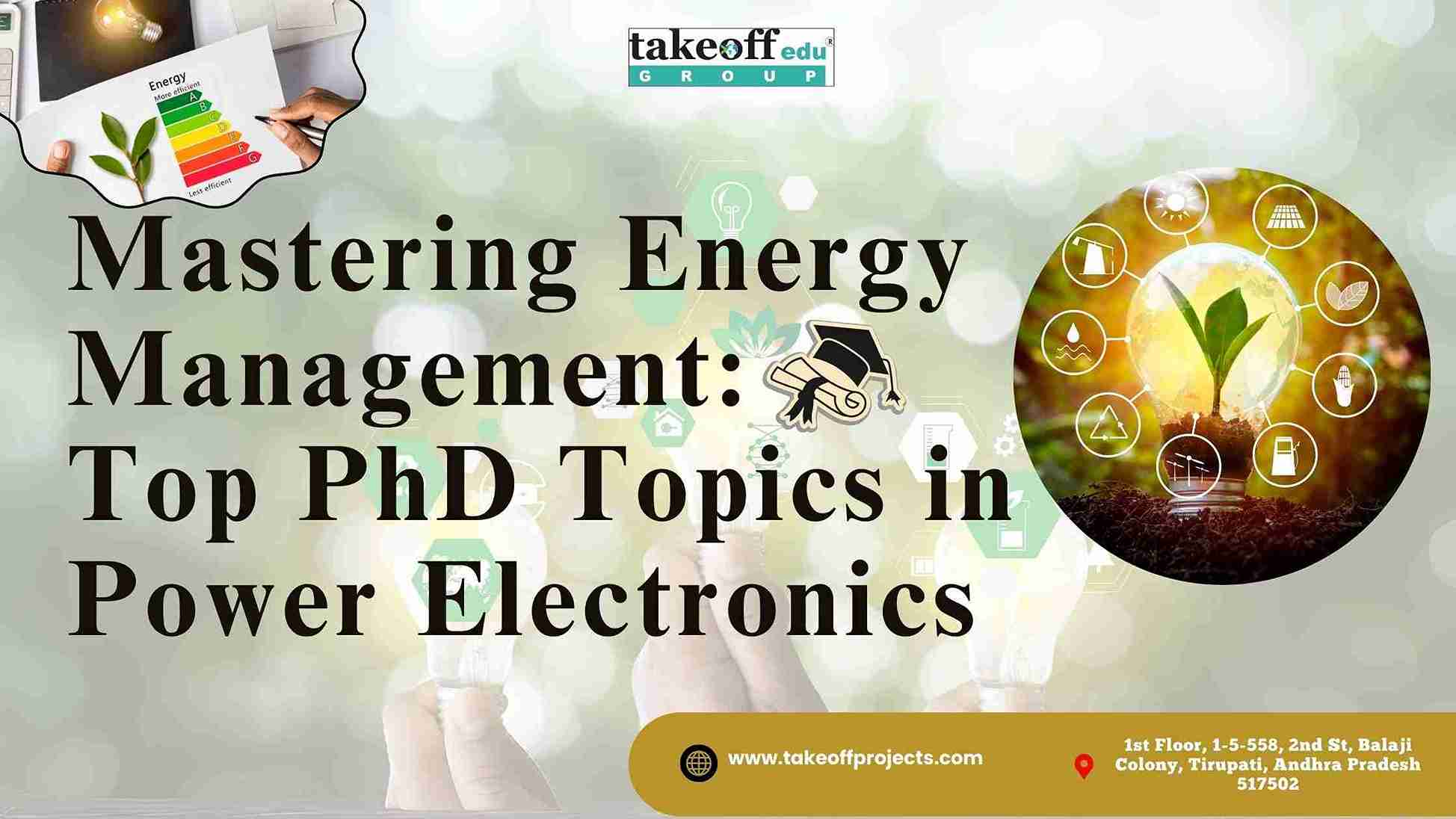 Mastering Energy Management: Top PhD Topics in Power Electronics
Mastering Energy Management: Top PhD Topics in Power Electronics  PhD Topic Selection Simplified: Choosing What Matters Most to You
PhD Topic Selection Simplified: Choosing What Matters Most to You 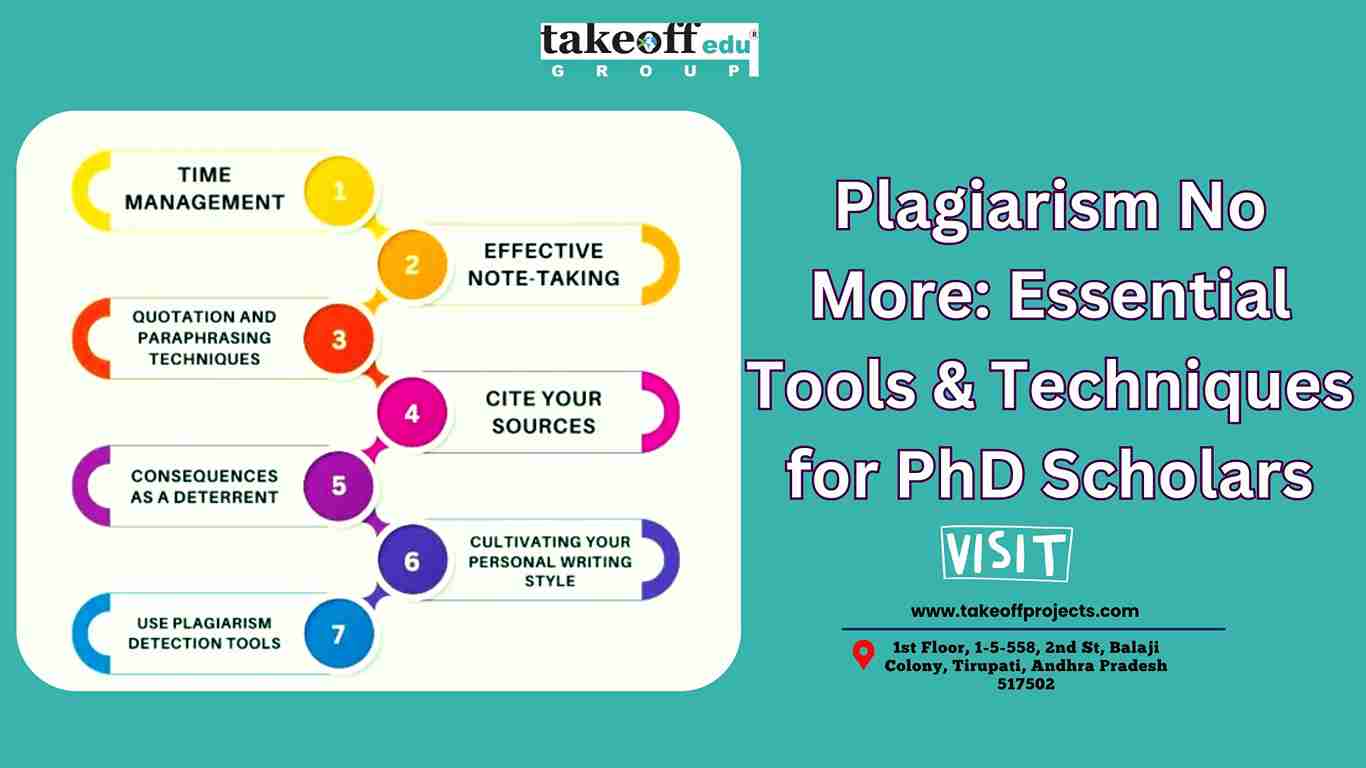 Plagiarism No More: Essential Tools and Techniques for PhD Scholars
Plagiarism No More: Essential Tools and Techniques for PhD Scholars 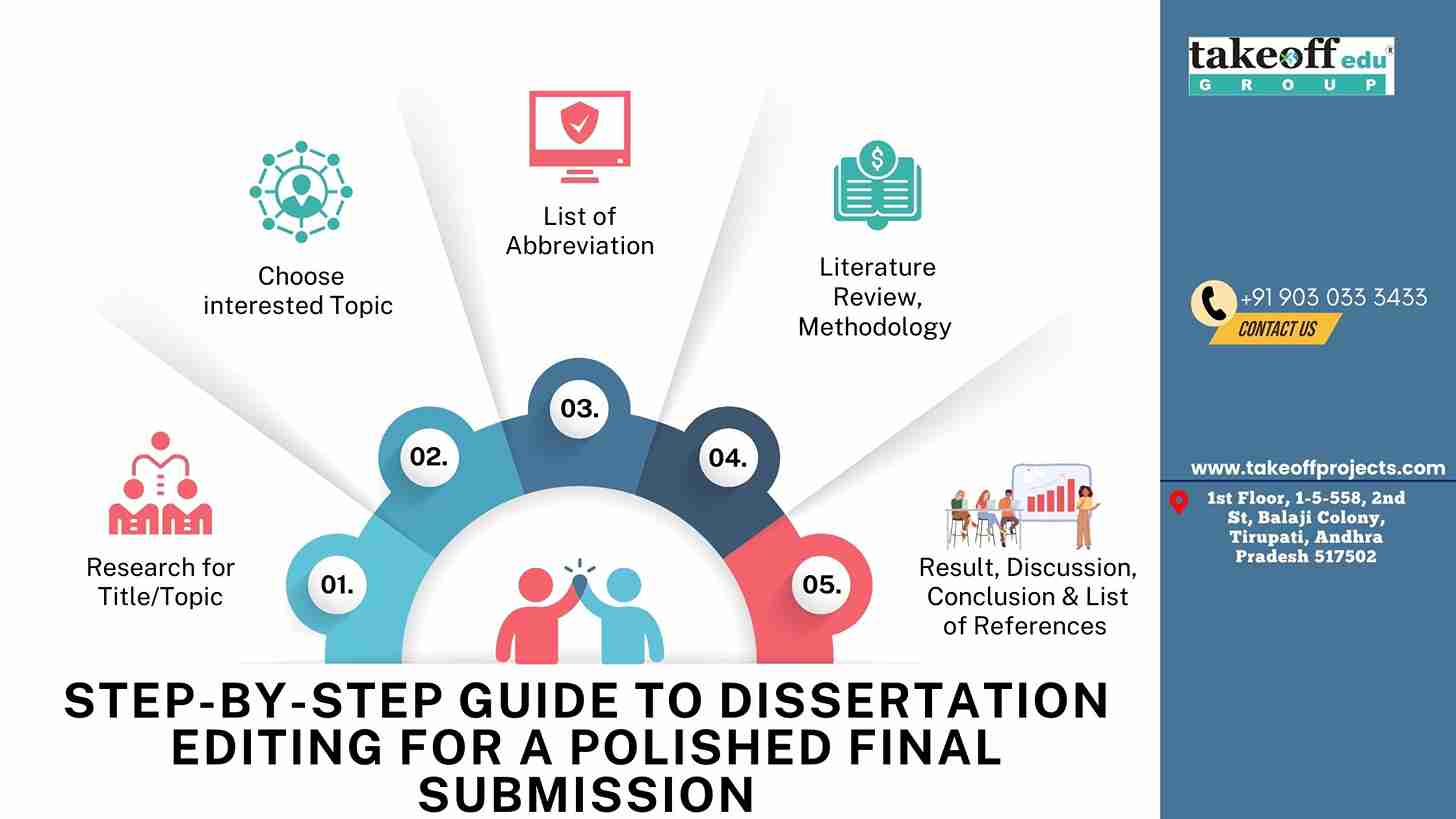 Step-by-Step Guide to Dissertation Editing for a Polished Final Submission
Step-by-Step Guide to Dissertation Editing for a Polished Final Submission  Why Literature Review Is the Backbone of Your PhD Research?
Why Literature Review Is the Backbone of Your PhD Research?  Accelerate Your Research: Software Implementation Made Easy for PhD Students
Accelerate Your Research: Software Implementation Made Easy for PhD Students  Stress-Free PhD Viva Voce Preparation: Expert Tips to Impress Examiners
Stress-Free PhD Viva Voce Preparation: Expert Tips to Impress Examiners  Transforming Data into Insights: Qualitative and Quantitative Analysis Explained
Transforming Data into Insights: Qualitative and Quantitative Analysis Explained 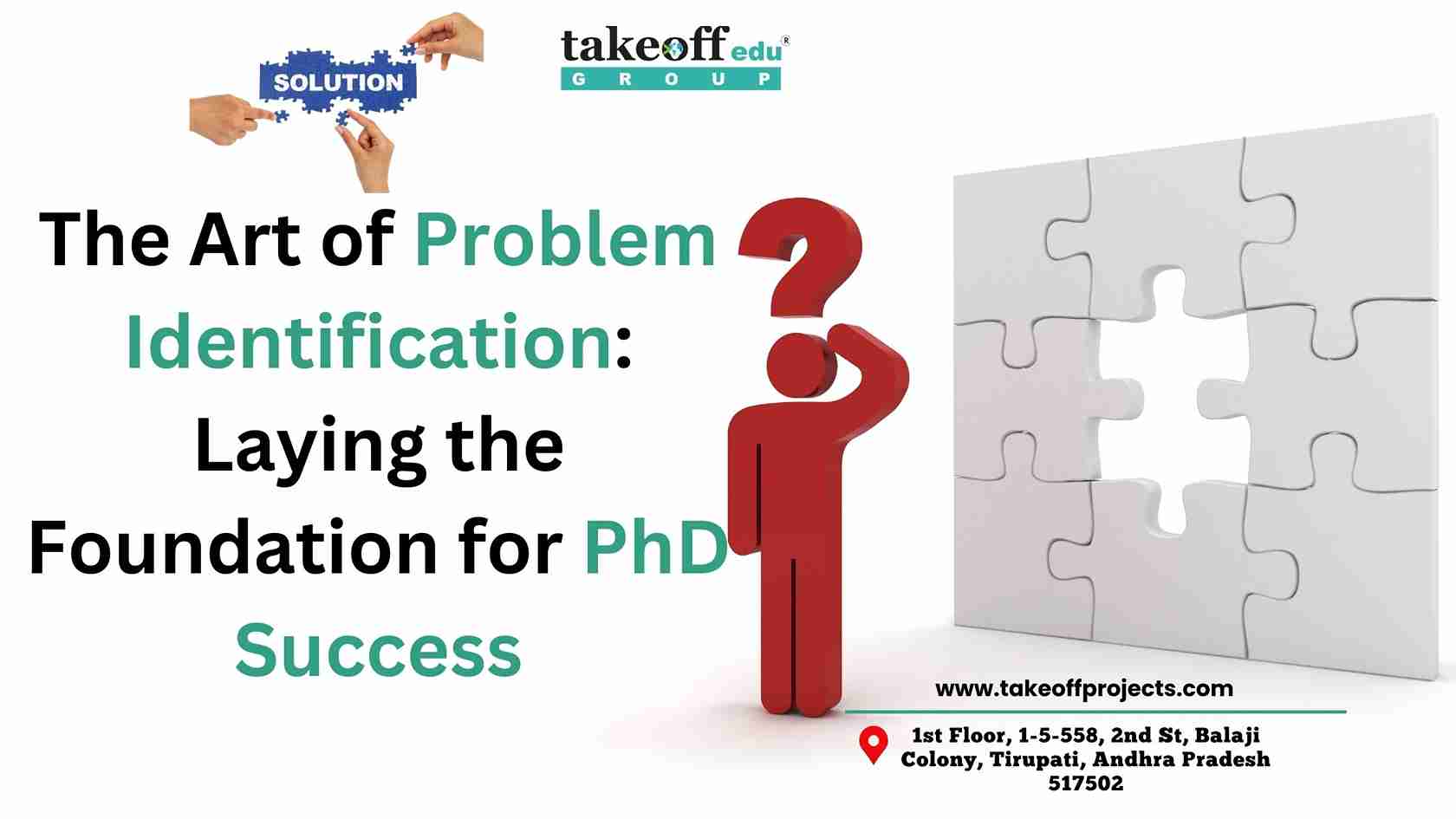 The Art of Problem Identification: Laying the Foundation for PhD Success
The Art of Problem Identification: Laying the Foundation for PhD Success  Say Goodbye to Plagiarism Worries: A Guide to Flawless Dissertation Writing
Say Goodbye to Plagiarism Worries: A Guide to Flawless Dissertation Writing  From Idea to Impact: Crafting High-Quality Conference and Seminar Papers
From Idea to Impact: Crafting High-Quality Conference and Seminar Papers 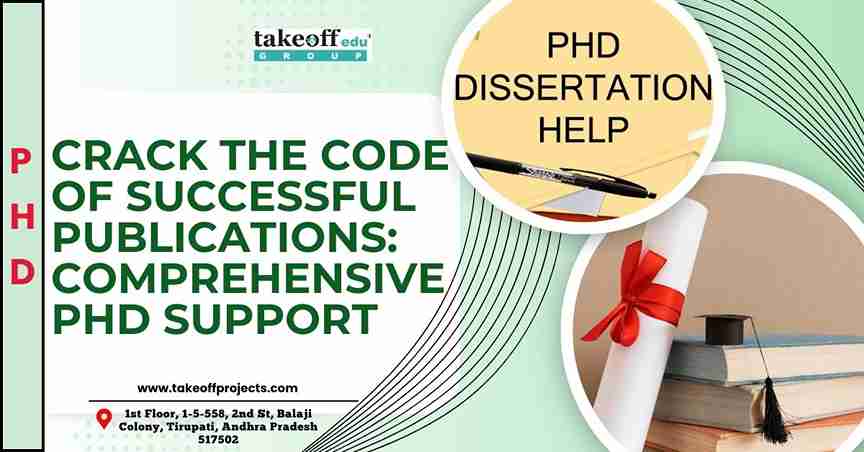 Crack the Code of Successful Publications: Comprehensive PhD Support
Crack the Code of Successful Publications: Comprehensive PhD Support  Top Strategies for Writing a Journal Ready Manuscript with Zero Plagiarism
Top Strategies for Writing a Journal Ready Manuscript with Zero Plagiarism  How to Nail Your PhD Research Proposal: Tips from the Pros
How to Nail Your PhD Research Proposal: Tips from the Pros  Understanding the Basics of Power Systems: A Comprehensive Guide
Understanding the Basics of Power Systems: A Comprehensive Guide  Turn Research Challenges into Opportunities: Expert PhD Consultation Services
Turn Research Challenges into Opportunities: Expert PhD Consultation Services 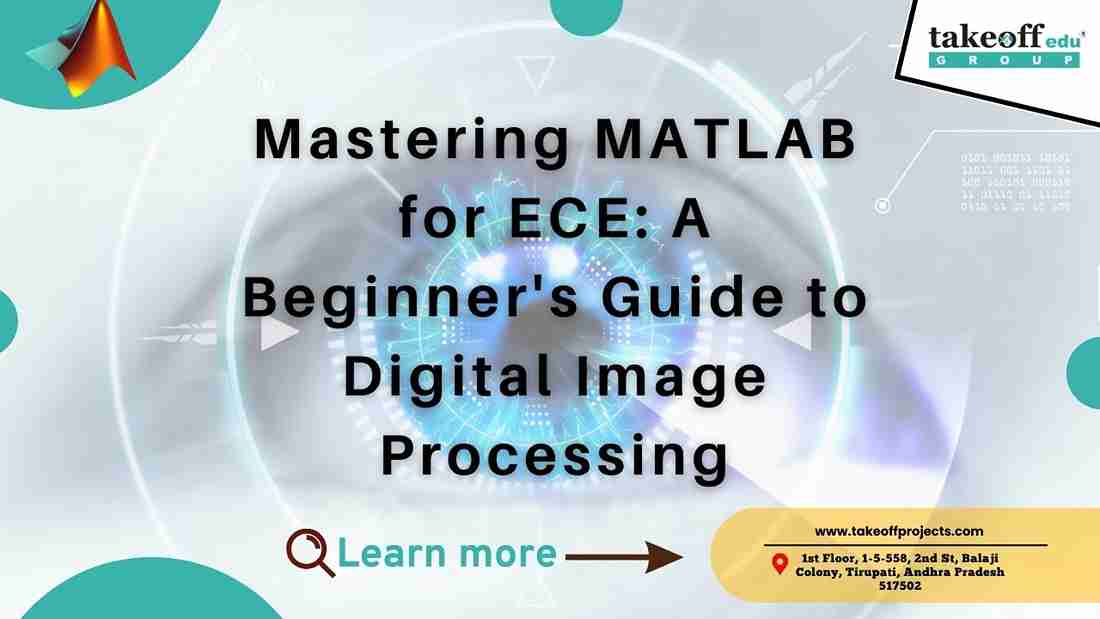 Mastering MATLAB for ECE: A Beginner's Guide to Digital Image Processing
Mastering MATLAB for ECE: A Beginner's Guide to Digital Image Processing  Mastering Your PhD Journey: From Topic Selection to Dissertation Success
Mastering Your PhD Journey: From Topic Selection to Dissertation Success  Assignment Writing Service
Assignment Writing Service 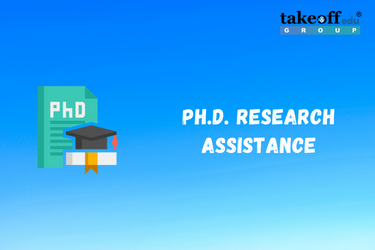 PhD Research Assistance
PhD Research Assistance 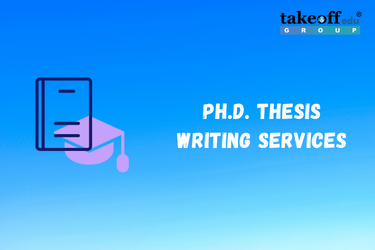 PhD Thesis Writing Services
PhD Thesis Writing Services  Masters Dissertation Writing
Masters Dissertation Writing  Journal Paper Writing
Journal Paper Writing 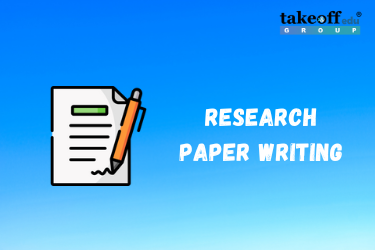 Research Paper Writing Services
Research Paper Writing Services 
 Paper Publishing
Paper Publishing


